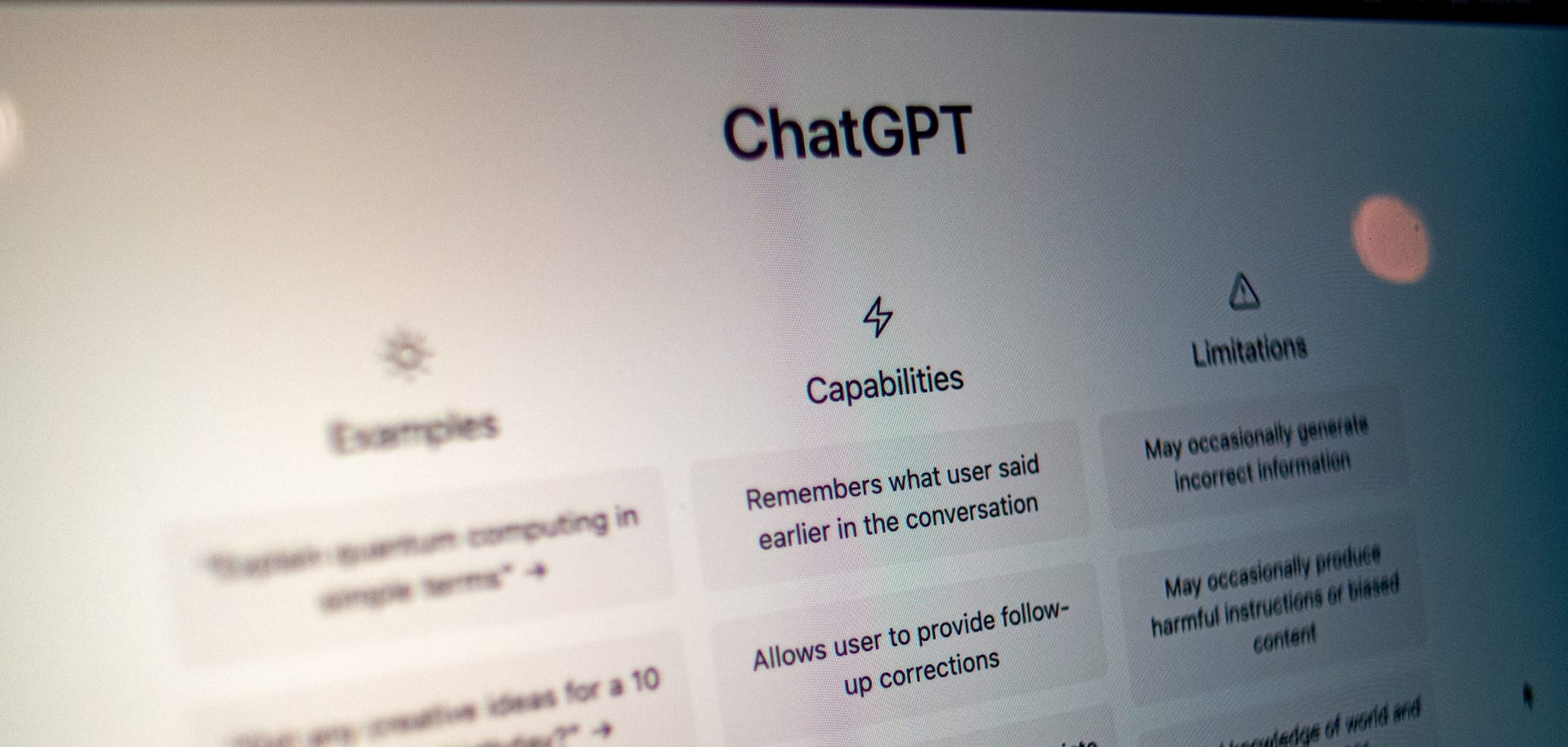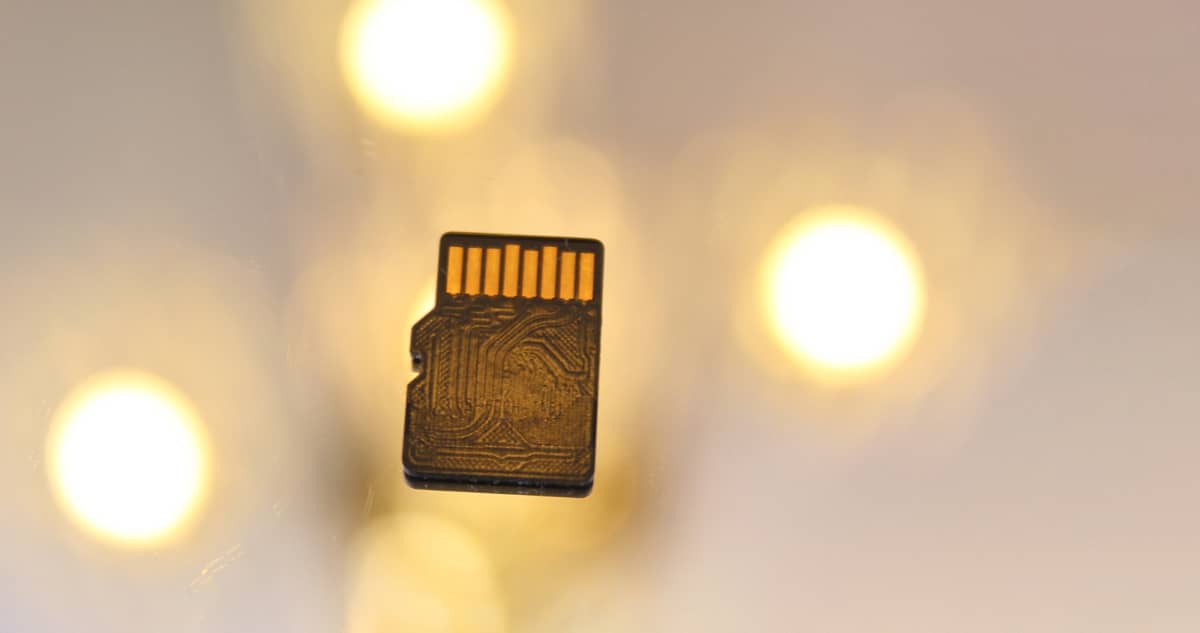Key take aways
- Copyright may not exist in content generated by ChatGPT or other AI applications
- Content generated by AI could infringe someone else’s rights
- AI may save you time in content generation but it needs to be checked thoroughly before use
What is ChatGPT?
ChatGPT is one of several artificial-intelligence “chatbots” that answers questions, creates articles, summarises information, writes songs, and a myriad of other things based upon prompts or questions put to it by the user. It has been touted as the next big thing that will replace content creators, writers, even lawyers by producing written works for just about every purpose.
The way it works is that the AI program has been fed a vast amount of data from websites all over the world and, through programming, has been “trained” to produce written works that mimic certain styles or respond in appropriate ways.
Uses of AI-generated content
Once you have signed up, you can “ask” the program questions or requests and answers are provided to you in plain language or in the format you have requested. For example, you could ask the bot for a “rap about the Australian Constitution” and you would be provided with several verses, a chorus and perhaps even an intro/outro all about the Australian Constitution. Fun!
Or you could ask ChatGTP for a 500-word article about a particular product you have for sale. Sure beats having to pay for a marketing campaign, right?
What could possibly go wrong?
Limitations
ChatGPT has limited world knowledge of events after 2021 and is unable to assess the veracity of sources. Accordingly, the output and data may be out of date or include biases and will therefore require human review to ensure relevance and correctness.
Importantly, where there is limited information on a topic, there is a risk that it may substantially reproduce someone else’s work on the same topic creating a piece of writing for you that is a breach of copyright. You may then be responsible for infringing someone else’s rights albeit believing that you were publishing something new.
So who owns the outputs?
According to the Terms of Use for ChatGPT, the user who enters the “inputs” to receive the generated content is assigned all its rights, interest and title in the generated “output”, with the caveat that this is “to the extent permitted by applicable law”. Subject to the terms and conditions, you have the “right to reprint, sell, and merchandise” the outputs “created” by you in ChatGPT. If you are using ChatGPT during work hours and on office technology for the purpose of your job, it would necessarily flow from your employment contract that the output would belong to your employer. If you are a contractor, it will depend on the terms of your agreement as to who owns the copyright in created content for a particular client.
However, under the Copyright Act 1968 (Cth) a qualified person to hold copyright and therefore assign it is defined as “an Australian citizen or person … resident in Australia or a body corporate incorporated under a law of the Commonwealth or of a State”. As the AI bot is neither of these categories nor even located within Australia, it is likely that no copyright exists in the generated outputs.
This position regarding copyright concurs with international cases in other non-human-created content. For example, in the Monkey Selfie dispute, the US courts have determined that works by a non-human creator are not copyrightable. The same principles would apply to AI created content.
Further, the Full Federal Court recently ruled in Commissioner of Patents v Thaler [2022] FCAFC 62 that AI cannot be the “inventor” of a patent and that legislative schemes are designed to only recognise people with a “legal personality” as an actual inventor. Without legislative intervention, it is unlikely that AI can be the creator of copyrightable material or the inventor of a patent.
Conclusion
While ChatGPT has the capacity to be a useful tool and provide content and written material in a natural style, there are some practical and legal limitations on what the bot can do right now.
At present there is little to stop someone from reproducing any content you publish that has been generated by AI and you may risk infringing someone else’s rights.





